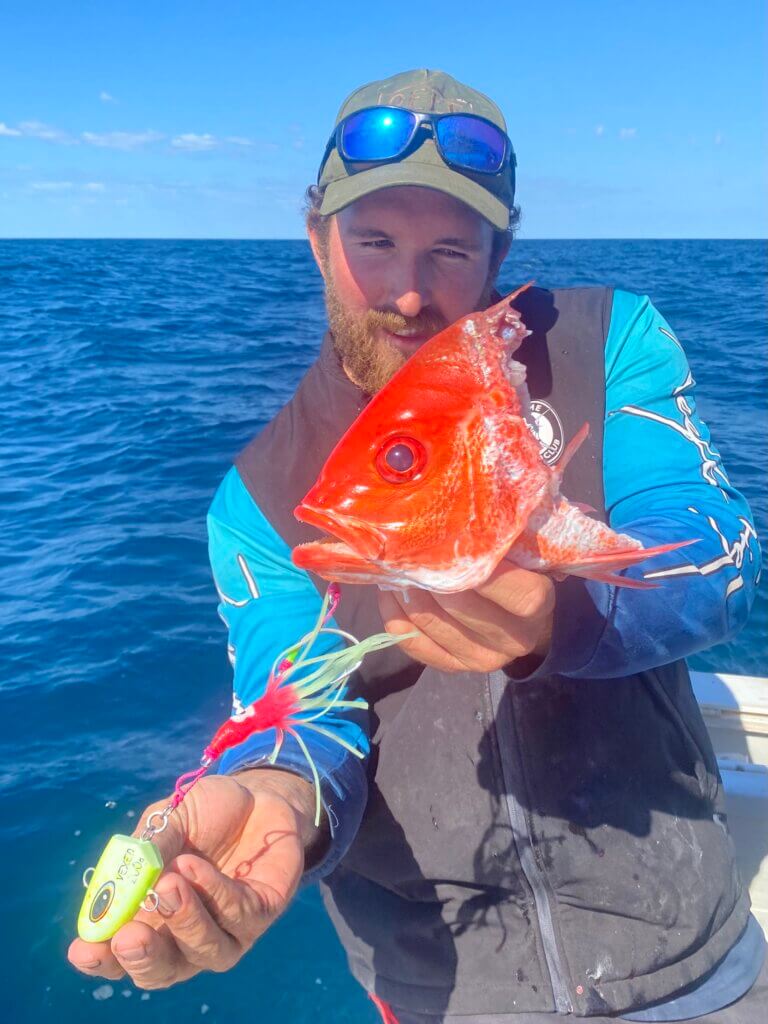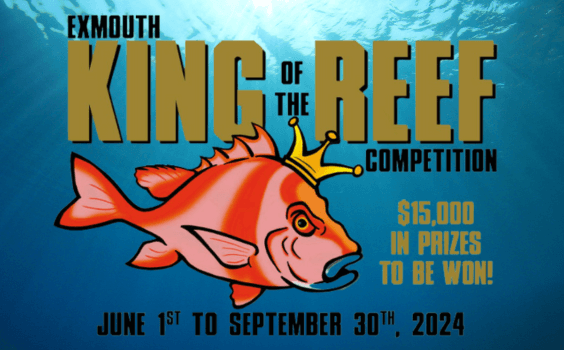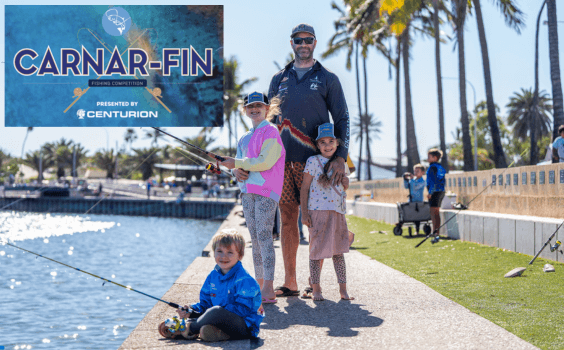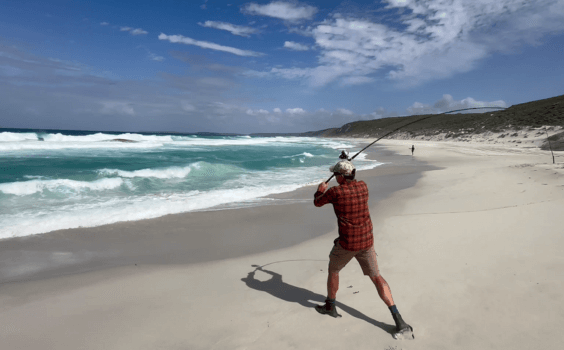A recfishing licence-funded project exploring shark deterrent technology to address the mounting shark issue in WA’s north has delivered positive results.
The Department of Primary Industries and Regional Development-led (DPIRD) study found shark depredation can decrease by as much as 65 per cent when a deterrent is used.
WATCH: 7NEWS Perth speaks with Exmouth fishers about the shark issue
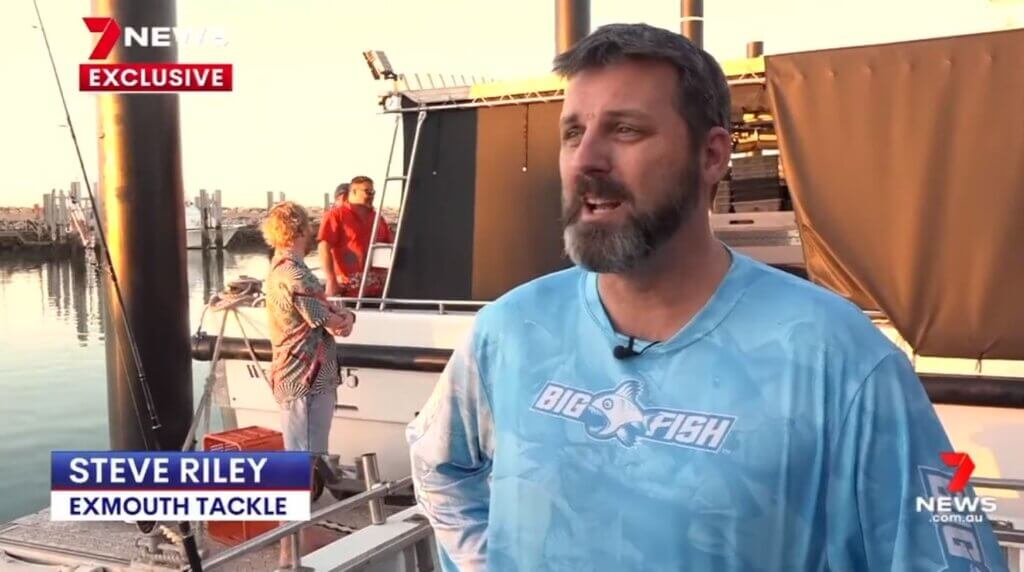
DPIRD’s research team — led by DPIRD Principal Fisheries Research Scientist Dr Gary Jackson — tested three different shark deterrents as part of the research.
Cameras were attached to fishing lines to film bait and fish being hit by sharks.
Findings from the study, backed by the Recreational Fishing Initiatives Fund (RFIF), show while deterrents do not stop sharks taking every fish, the devices enable fishers to land a greater proportion of hooked fish.
However, a deterrent’s effectiveness is also influenced by the number of sharks chasing a hooked fish.
FLASHBACK: See the footage from DPIRD’s bite-off research
“Shark bite-offs are without doubt the number one issue impacting recfishing experiences in WA, north of Geraldton,” Recfishwest CEO Dr Andrew Rowland said.
“We recognise this is a complex issue and one for which the solution must be led by science. While there isn’t a silver bullet, improved understanding of shark populations and behavior, adoption of emerging deterrent technology and fisher education are key elements to address the issue and protect the social and economic benefits fishing provides.
“It’s been good to see DPIRD’s fishery scientists travelling across WA’s north last month, as part of a regional roadshow discussing their shark deterrent testing and analysis.”
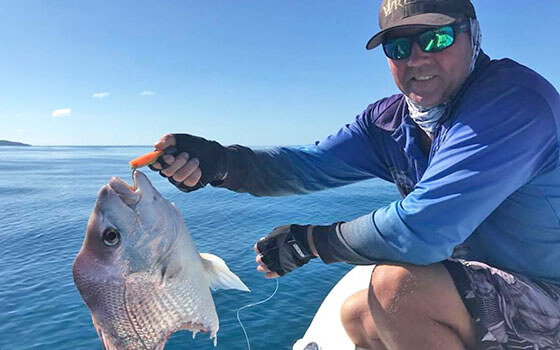
Science holds the solution
Speaking with On Strike Charters owner Josh Bruynzeel and Exmouth Tackle and Camping owner Steve Riley, 7NEWS reported the shark issue was “an epidemic off our North West coast”.
While there currently is no solution, fishers can play their part and reduce the chance of bite-off by breaking up the predictability of fishing spots and moving spots regularly.
Dr Rowland said Recfishwest shared fishers’ frustrations regarding the shark issue.
“We will continue to push DPIRD to draw on their world-class fisheries science research capability to better understand how shark populations and behaviours have changed,” he said.
“The deterrent findings are encouraging but better science, the use of emerging technology, behaviour change and adaptive management hold the key to solving this issue.
“In COVID times, fishing is more important than ever and recfishing in WA contributes $2.4 billion to the economy each year – fishers deserve better than to see sharks destroying fishing experiences.”
